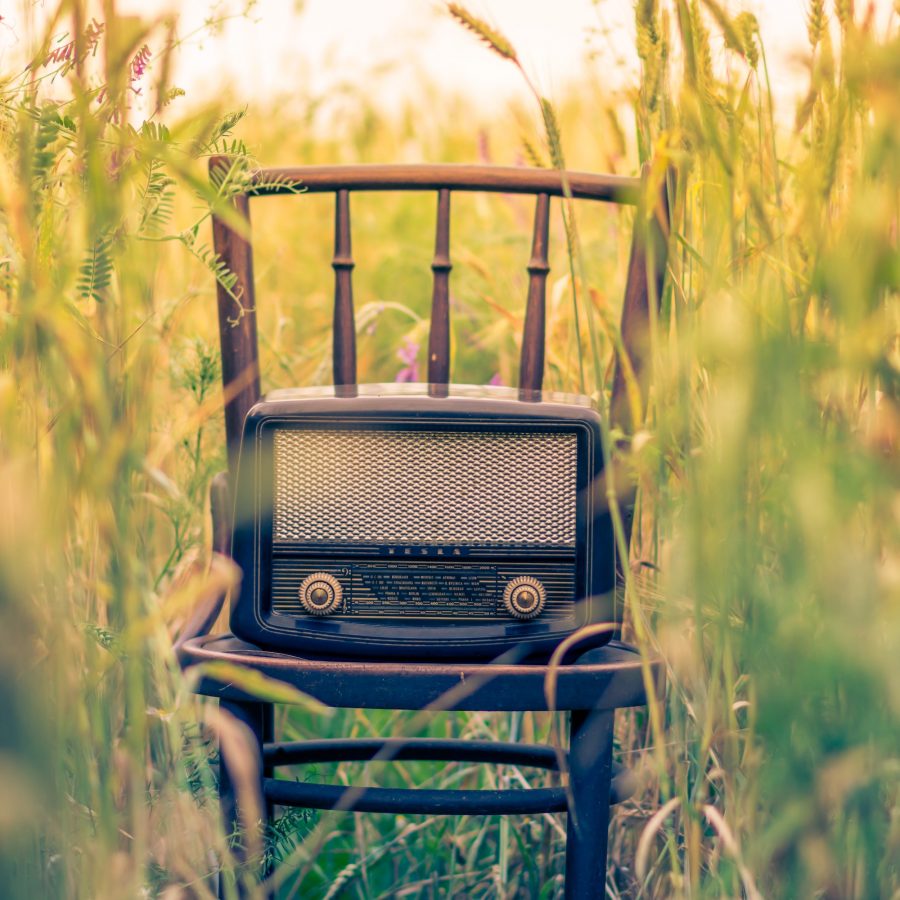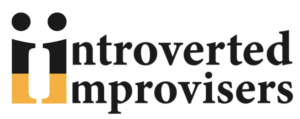Get started or stay inspired from the comfort of home!
About
For Introverts
Improv is a structured and playful way to interact with the world. That said, it can still be daunting to sign up for classes when you have to meet a whole new group of potentially very outgoing people. Audio improv (and online improv generally!) can be a more comfortable first step toward forming a good improv foundation, and growing your improvising confidence and community from home!
For improvisers
Outreach for improvisers focused on those who struggled with on-camera improv adjustments during the pandemic, which includes technological inaccessibility, visual impairment, or visual sensory overwhelm screens may cause.
Why Audio?
When improv communities migrated online in the 2020 pandemic, we were so grateful to have each other, online classes opening up our ability to connect around the world and invite new people into our lives.
However some of us still found on-camera, or even the return to in-person classes, still inaccessible. There may be an element of social anxiety, feeling uncomfortable on camera or onstage, or other unaccommodated needs (such as visual impairment or visual overstimulation) which pure audio relieves.
In a zoomed-out world with blaring computer screens, it was great to return to closing our eyes, clearing our minds, and letting our imagination comfortably soar to places even the stage couldn’t take us.
Even now, with return to stage, try improv with a deload from a visual stimulus – let yourself “zone out”, stare at a wall, or close your eyes. Note how it changes your listening, your timing, your groundedness. It could be the next best thing to explore!

Our sessions & recordings
Our circles of improvisers met and played online via zoom (internet access or phone-in). Before a natural form of troupes, all sessions were designed to be workshop style one-offs so with low commitment level. Special emphasis was placed on timing and group mind, resulting in incredibly satisfying audio flows and sets, some of which were showcased on the podcast.
The recordings were always totally improvised in one attempt from start to finish, and unedited for content (there may be mic clicks, and talk-over stumbles for the more formal shows like Fables and Shakespeare, that get clipped if not addressed in the scene). Some improvisers took notes, and on rare occasion, a chat was used for name or show title recall, only if everyone had access to the chat. For underscored pieces, sometimes dialogue is timed to dance with the music.
